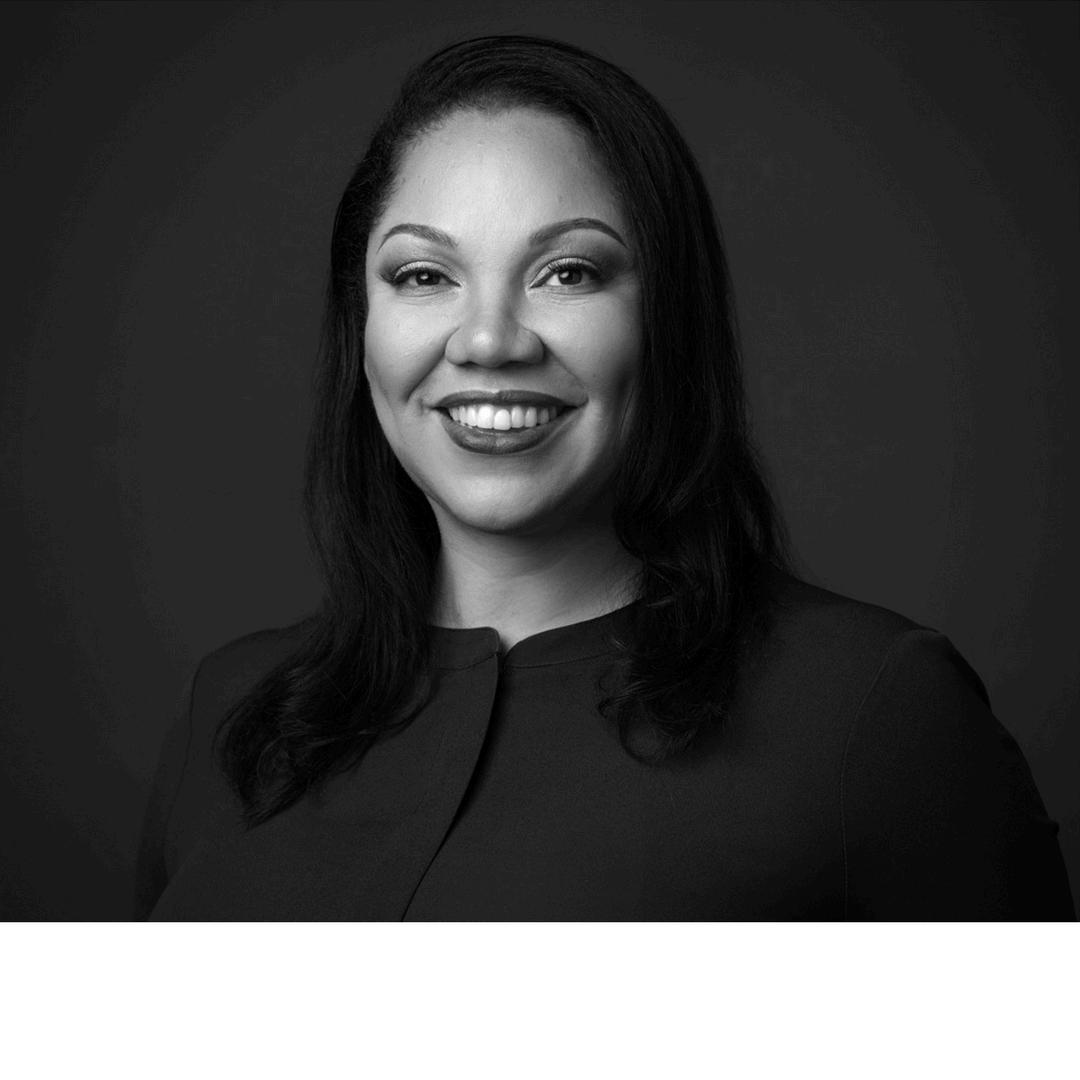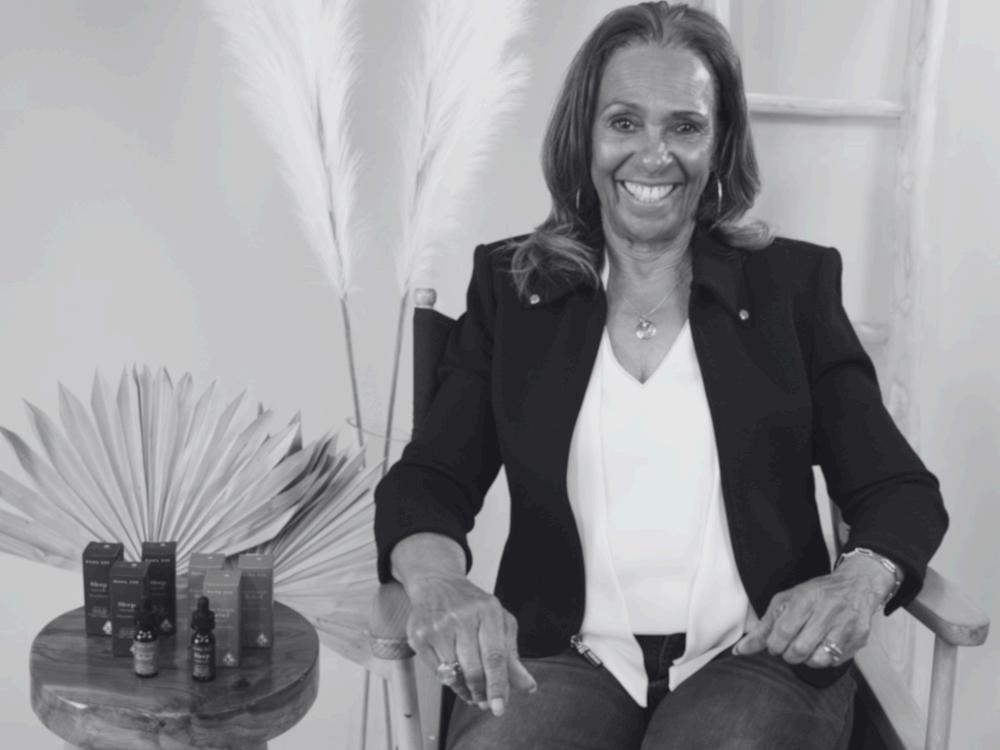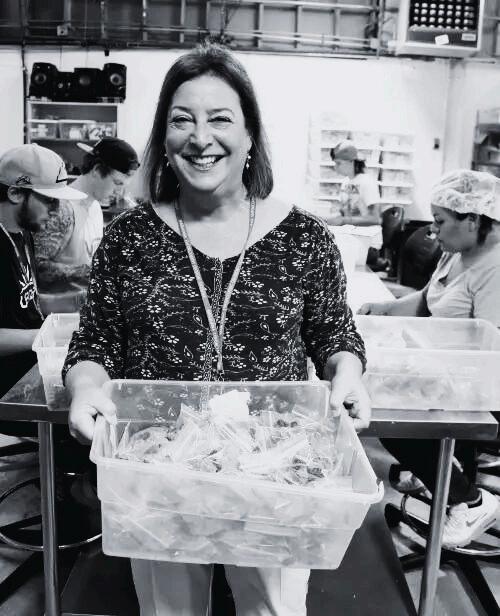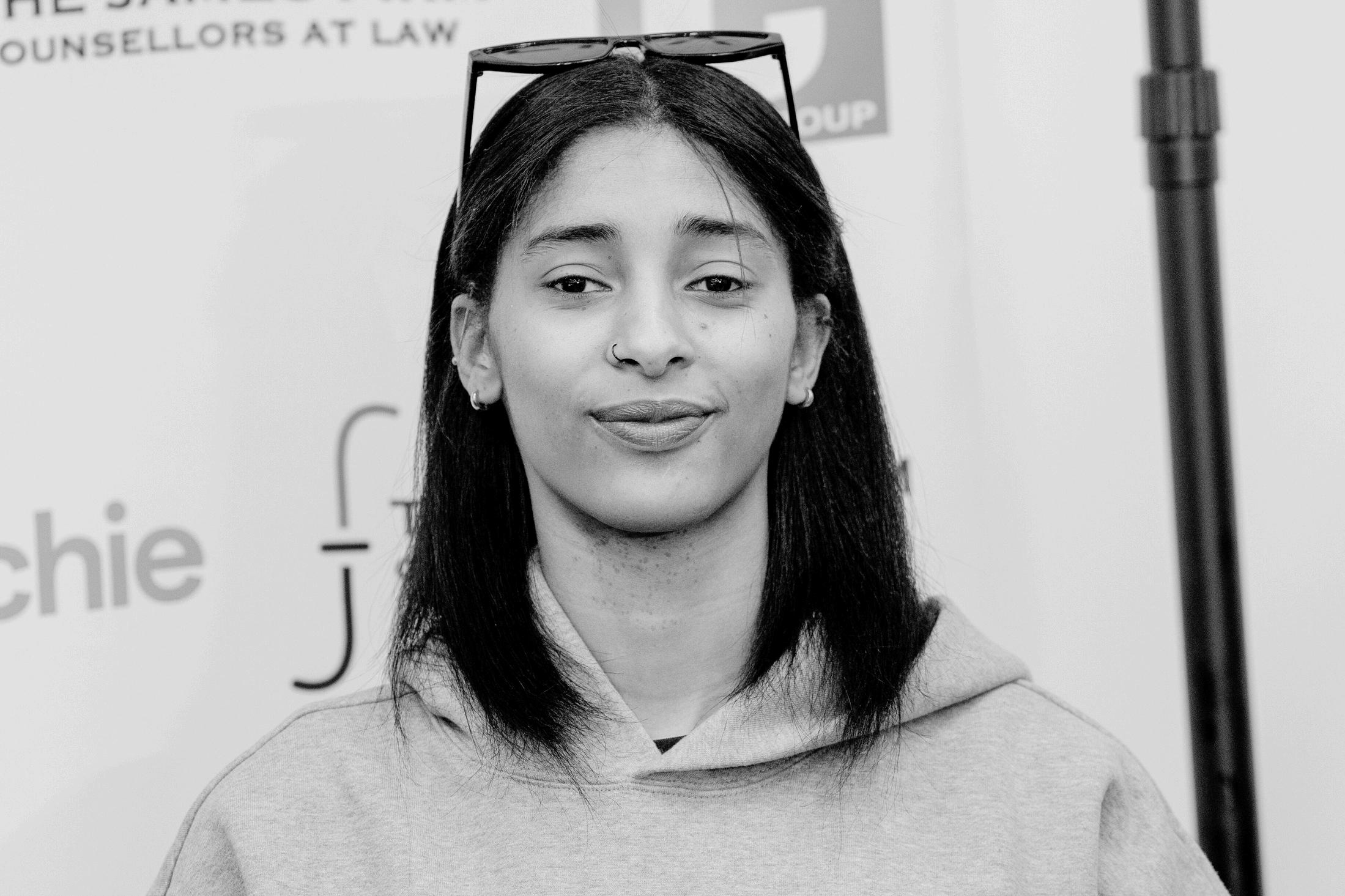
6 minute read
Celebrating the Matriarchs of Cannabis
Happy Mother’s Day to all the mamma’s out there! As Beyonce said, “Who runs the world? GIRLS!” However, women make up less than 39% of the cannabis space, and racial minorities only make up 24% male or female. It’s important to make spaces like the cannabis community more diverse, equitable, and inclusive. So, for mother’s day, let’s talk about some of the powerful women in cannabis. Some women on this list are activists, some doctors, and some business owners, and each of them have made their own space in the male dominated cannabis industry.
Brownie Mary

Born in Chicago in 1922, Mary Jane Rathbun eventually became a hero within cannabis history. When she was in her late 60s, she was a prominent volunteer for the AIDS crisis. Rathbun would grow her own cannabis at home and bake thousands of brownies for people infected with AIDS. When she was arrested for the third time and released on bail, she had this to say, “If the narcs think I'm gonna stop baking brownies for my kids with AIDS, they can go f*ck themselves in Macy's window.”
Brownie Mary might be one of the coolest old ladies ever. During the AIDS crisis, the disease was so polarizing that there were not many people who were going to step up to help, but Mary did. She had been growing and selling cannabis for over 25 years by the time the 1980s rolled around. Not only did her efforts make cannabis available for those who needed it, she helped show people that people with AIDS were still people that needed help. In 1992, after her last arrest, she testified in front of the San Francisco Board of Supervisors about the medical benefits of cannabis. Her testimony helped California lawmakers place cannabis in the “lowest priority” for drug possession and prosecution. When she passed in 1999, over 300 people came to honor her. And the recipe for the brownies she made was never told, she took it to the grave.
Dr. Chanda Macias

Have you ever heard of Women Grow LLC? It is a business focused on connecting, educating, empowering, and inspiring women who want to succeed in their cannabis businesses. Within only three years of its inception, Women Grow helped over 75,000 entrepreneurs within the cannabis community. Dr. Chanda Macias MBA, PhD is the Chairwoman of the Board of Managers and CEO of Women Grow. She is also “the CEO and the owner of National Holistic Healing Center, a cannabis and hemp healthcare enterprise.” National Holistic Healing Center is a dispensary in Washington DC that produces CBD and cannabis as an alternative to other more available products. Dr. Macias is also first vice chair of the National Cannabis Roundtable Board (NCRB). The NCRB is “dedicated to promoting common sense federal legislation, tax equity, and financial services reform,” Macias explained, “It's high time that state legal cannabis businesses receive the same treatment as non-cannabis businesses for issues like equitable access to banking and funding.” Without people like Dr. Macias cannabis could very likely still be illegal in most states.
Mama Sue

Mama Sue, a.k.a Sue Taylor, is the first, and only, Black woman to co-own a Berkeley, California dispensary, and she just turned 76. With as young and healthy as Mama Sue looks, I’ll have what she’s having! The dispensary she owns is called Farmacy Berkeley, and it’s been open for just over four years now, meaning it opened during COVID... Some people did the same and their stores are long gone. They must be doing something right! Before the dispensary, Mama Sue was a Catholic school principal, but quit once a lifelong friend passed away. She wanted to help people, and while she didn’t foresee cannabis being what she’d focus on, she saw how much it can help senior citizens. Cannabis can work wonders for things like arthritis and gut issues.
Mama Sue has made history and she is proud of it. Black Americans are three times more likely to be arrested for cannabis use and possession, according to the American Civil Liberties Union. It has also been reported that it’s harder for Black Americans to get approved for dispensaries and things like that. So Mama Sue thinks the future is bright and can’t wait to see what her 80s have in store for her.
Nancy Whiteman

If you’ve shopped at a dispensary, you’ve likely seen Wana Brands. Wana Brands was co-founded by Nancy Whiteman, who is also the CEO! The brand was created in 2011 in Colorado and only four years later they expanded to their first state, Oregon. Ever since, the company has continued to expand, and in 2021 they struck a deal with Canada's Canopy Growth Corporation to sell the company for $350 million. Whiteman is quoted in saying,
There's no shortage of people who need help right this minute. And the organization's mission is to do that.
She holds herself to that stance as well. During that same year, Whiteman donated $50 million and more from the Canopy Growth sale. The money went to the Wana Foundation and to Johns Hopkins University to study the medicinal benefits of cannabis and psychedelic drugs. The Wana Foundation is a charitable organization that focuses on “research and education, food security, shelter, safety, mental health, sustainability, connection, and social justice,” according to Cannabis Business Times.
Extasy James

Another historic moment in the cannabis community goes to Extasy James, the first woman to own a dispensary in New York that’s supported by the New York State Social Equity Cannabis Investment Fund. Extasy James owns the dispensary with her cousin, Michael James. Their dispensary is called Good Grades and it's located in Jamaica, Queens. On top of making history for herself, James's father had unfortunately been deported due to cannabis related charges. For her being able to legally own a dispensary and have the support of New York State is amazing. She can make a difference for other people like her father to comfortably use cannabis without fear of deportation. James told Yahoo News, "Cannabis goes from being literally a tool to over police our communities to now a tool of economic prosperity." This change is symbolic and monumental.
Empowerment knows no bounds—like the resilient plant we cultivate, women in the cannabis industry break barriers, redefine norms, and cultivate a future where strength, innovation, and inclusivity thrive.









